Thank You for the Rain (2017)
Genre : Documentary
Runtime : 1H 27M
Director : Julia Dahr
Synopsis
Five years ago Kisilu, a Kenyan farmer, started to use his camera to capture the life of his family, his village and the damages of climate change. When a violent storm throws him and a Norwegian filmmaker together we see him transform from a father, to a community leader and activist on the global stage.

WIEBO'S WAR tells the story of a Christian community, at war with the oil and gas industry. Wiebo Ludwig is a suspect in a series of pipeline bombings near his farm. The bombings echo a campaign of sabotage he waged 10 years ago: barricading roads, blowing up wells, culminating in the unsolved death of a teen aged girl. The Ludwigs live according to their religious values. They are self-sufficient in food and energy, but isolated, with seven unmarried adult children, and 38 grandchildren. They believe that those who don't share their beliefs, like filmmaker David York, are living in terrible darkness.

Wildlife film maker Rebecca Hosking investigates how to transform her family's farm in Devon into a low energy farm for the future, and discovers that nature holds the key. With her father close to retirement, Rebecca returns to her family's wildlife-friendly farm in Devon, to become the next generation to farm the land. But last year's high fuel prices were a wake-up call for Rebecca. Realising that all food production in the UK is completely dependent on abundant cheap fossil fuel, particularly oil, she sets out to discover just how secure this oil supply is. Alarmed by the answers, she explores ways of farming without using fossil fuel. With the help of pioneering farmers and growers, Rebecca learns that it is actually nature that holds the key to farming in a low-energy future.

The story of the children who work 12-14 hour days in the fields without the protection of child labor laws. These children are not toiling in the fields in some far away land. They are working in America.
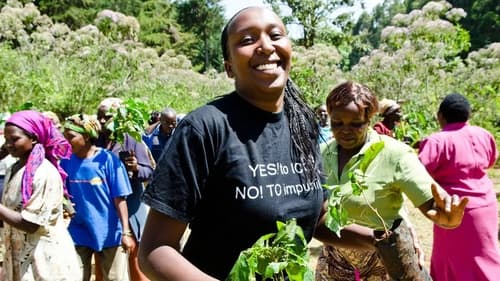
A film that captures the portraits and stories of extraordinary women around the world who are coming together to heal the injustices against the earth, weaves together poetry, music, art, and stunning scenery to create a hopeful and collective story that inspires us to work for the earth. The list of impassioned, indefatigable female environmental activists featured in this film includes Winona LaDuke, a Native American who has championed the use of solar and wind power on reservations; Theo Colborn, head of The Endocrine Disruption Exchange, who fights against toxic chemicals in our water supplies; Beverly Grant, who’s created a vibrant farmer’s market in a black neighborhood of Denver, Colo.; Dana Miller, who spearheads an “urban agriculture movement” in the same city; and Vandana Shiva, who champions organic farming in India.

Snuden is a secret and peaceful animal who lives in a green bog. He is a friend to all animals. One day a hunter tries to shoot Snuden's best friend, the otter Otto. Snuden decides that he will try to find an explanation to why humans are that mad.

Devour the Earth, a 20 minute film about the global consequences of meat consumption.

The environmental measures taken by the oil industry at the Sullom Voe terminal in the Shetlands.

To The Tar Sands follows a group of nineteen young environmentalists as they cycle over 1,300 kilometres northbound across Alberta to witness the impacts of Alberta’s tar sands boom firsthand. They talk to farmers, moms and dads, an urban planner, oil industry workers, the chief of a First Nations community and others along the way asking “How has the tar sands boom affected you?” As the kilometres click away, they excavate into their own complicity with Alberta’s rush to develop the tar sands.
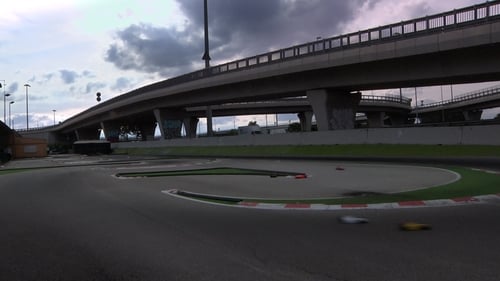
After the India of Varanasi’s boatmen, the American desert of the dropouts, and the Mexico of the killers of drugtrade, Gianfranco Rosi has decided to tell the tale of a part of his own country, roaming and filming for over two years in a minivan on Rome’s giant ring road—the Grande Raccordo Anulare, or GRA—to discover the invisible worlds and possible futures harbored in this area of constant turmoil. Elusive characters and fleeting apparitions emerge from the background of the winding zone: a nobleman from the Piemonte region and his college student daughter sharing a one-room efficiency in a modern apartment building along the GRA.
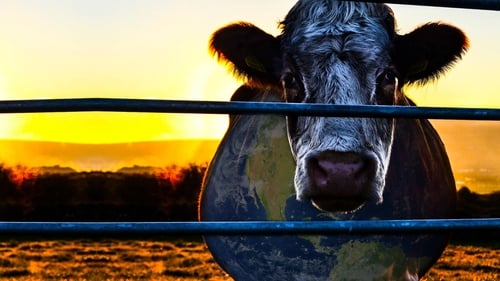
Follow the shocking, yet humorous, journey of an aspiring environmentalist, as he daringly seeks to find the real solution to the most pressing environmental issues and true path to sustainability.

Live and Let Live is a feature documentary examining our relationship with animals, the history of veganism and the ethical, environmental and health reasons that move people to go vegan.

As the most dammed, dibbed, and diverted river in the world struggles to support thirty million people and the peace-keeping agreement known as the Colorado River Pact reaches its limits, WATERSHED introduces hope. Can we meet the needs of a growing population in the face of rising temperatures and lower rainfall in an already arid land? Can we find harmony amongst the competing interests of cities, agriculture, industry, recreation, wildlife, and indigenous communities with rights to the water? Sweeping through seven U.S. and two Mexican states, the Colorado River is a lifeline to expanding populations and booming urban centers that demand water for drinking, sanitation and energy generation. And with 70% of the rivers’ water supporting agriculture, the river already runs dry before it reaches its natural end at the Gulf of California. Unless action is taken, the river will continue its retreat – a potentially catastrophic scenario for the millions who depend on it.
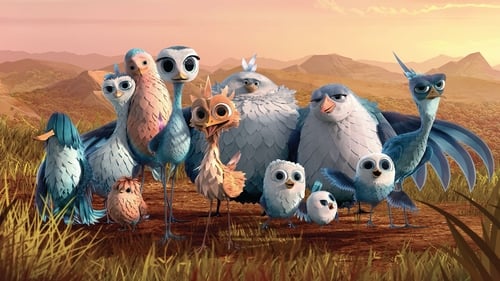
Yellowbird lives in the ruins of an old house. He lacks the confidence to leave his home, no matter how much Bug, his labybird friend, tries to convince him to go out into the world. Attempts to toughen him up have had little success, so Bug seizes an opportunity that leaves Yellowbird unexpectedly finding himself the new leader of the flock that is migrating to Africa. Still, lacking faith in his own abilities and with danger and imminent failure lurking around every corner, our feathered hero is forced to either find the strength required to work with the team or bow out and stay hidden away forever.

Most people were first exposed to Michael C. Ruppert through the 2009 documentary, Collapse, directed by Chris Smith. Apocalypse, Man is an intimate portrait of a man convinced of the imminent collapse of the world, but with answers to how the human spirit can survive the impending apocalypse.

A documentary about the life of wild animals.
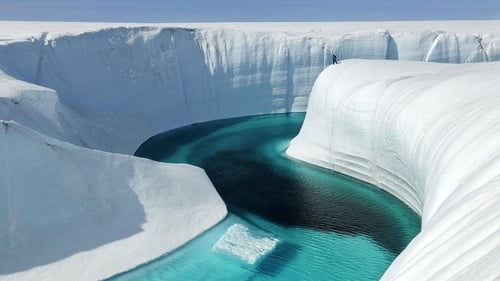
When National Geographic photographer James Balog asked, “How can one take a picture of climate change?” his attention was immediately drawn to ice. Soon he was asked to do a cover story on glaciers that became the most popular and well-read piece in the magazine during the last five years. But for Balog, that story marked the beginning of a much larger and longer-term project that would reach epic proportions.

It is the largest movement the world has ever seen, it may also be the most important - in terms of what's at stake. Yet it's not east being green. Environmentalists have been reviled as much as revered, for being killjoys and Cassandras. Every battle begins as a lost cause and even the victories have to be fought for again and again. Still, environmentalism is one of the great social innovations of the twentieth century, and one of the keys to the twenty-first. It has arisen at a key juncture in history, when humans have come to rival nature as a power determining the fate of the earth.








